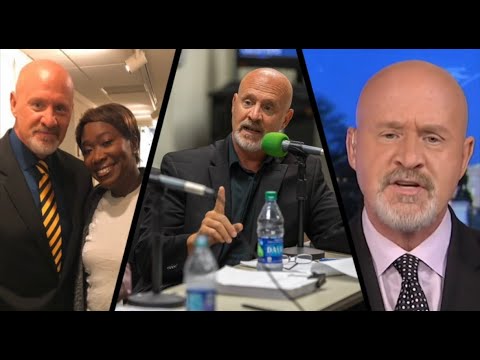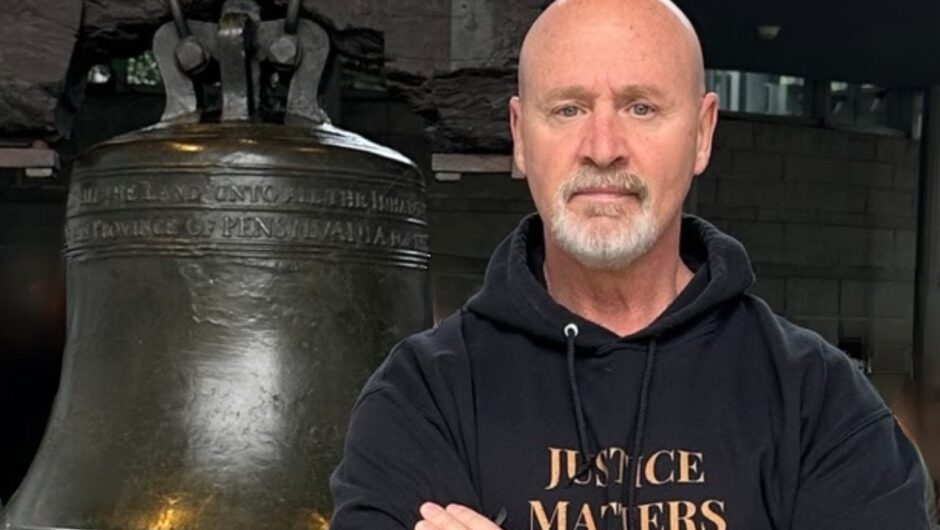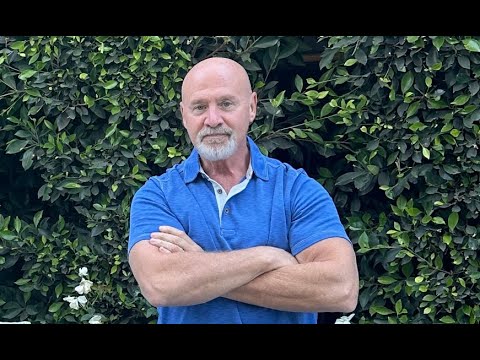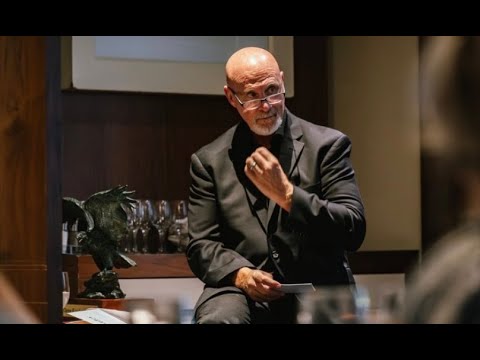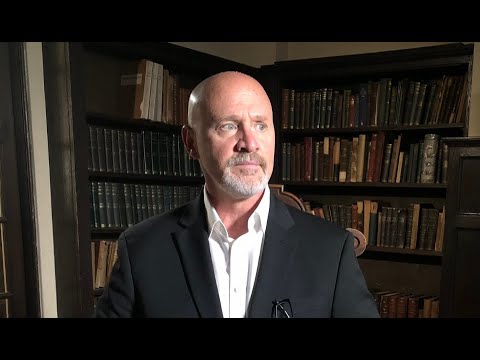news, federal-politics,
Australia must aim to reach net zero emissions by 2035, according to a major new report which warns far stronger and quicker global climate action is needed to avoid the catastrophic consequences of a 2 degree warmer planet. The Climate Council’s latest report says “multiple lines of evidence” suggested it was now no longer possible to limit global temperature rise to 1.5 degrees above pre-industrial levels, without removing large quantities of greenhouse gases from the atmosphere. The 1.5 degree marker has long been considered the tipping point at which severe consequences from climate change cannot be reversed. With the risk of extreme weather events and environmental threats feared to be much worse with a 2 degree rise, the report declared the world has now “reached the endgame” and a dramatic escalation in the scale and speed of the global emissions reduction effort was needed to avoid disastrous consequences. The 75-page report, titled Aim High, Go Fast, said reaching net zero emission by 2050 was “about a decade too late” and the goal needed to be brought forward to 2040. Australia should aim even higher, the report recommended, and aim to reduce emissions by 75 per cent below 2005 levels by 2030, and achieve net zero by 2035. While accepting the goal was challenging, it was considered reasonable given Australia was blessed with “unrivalled” green energy resources and opportunities and an “imperative” due to the country’s vulnerability to extreme weather events such as bushfires and floods. The targets are far more ambitious than those even contemplated by the Coalition or Labor, meaning they won’t be adopted without a significant change in tack by the major parties. Prime Minister Scott Morrison has said it was his preference for Australia to reach net zero by 2050, but has not yet committed to the target. That position has isolated Australia on the world stage, where more than 100 countries have pledged carbon neutrality by the middle of this century. The government has a goal of cutting emission by 26-28 per cent of 2005 levels by 2030 – well below the level the Climate Council’s report advocates. Labor has pledged net zero by 2050, but so far has resisted calls to set interim targets. The report’s lead author, climate expert Will Steffen, said Australia was being “left behind” as the global push on climate action has gathered momentum. “A lot is happening at the state and territory level, however federally, nationally we are being left behind,” he said. “We are the global laggard.” Prof Steffen said in order to meet the target’s recommended in the report, there could be no expansion of the fossil fuel industry – including gas projects. The report warns the transition will not be “smooth”, pointing to political and technological hurdles. “However, the alternative – a decision to not do enough, or to delay – will lead to massive climate disruption,” the report said. “Catastrophic outcomes for humanity cannot be ruled out if we fail to meet the climate challenge this decade.” The report said various threads of evidence suggested it was now too late to limit warming to 1.5 degrees without so-called “overshoot and drawdown”, including recent rates of warming and updated estimates of so-called “climate sensitivity”. The findings do not mean the Paris Agreement targets cannot be met. While the preference is to restrict temperature rise to 1.5 degrees, the agreement’s goal is to keep it “well below 2 degrees”. Our journalists work hard to provide local, up-to-date news to the community. This is how you can continue to access our trusted content:
/images/transform/v1/crop/frm/znhWFHRUTrpRC32tGqnZkk/508aa447-b69d-4893-ad79-221faf221b58.jpg/r0_449_5000_3274_w1200_h678_fmax.jpg
Australia must aim to reach net zero emissions by 2035, according to a major new report which warns far stronger and quicker global climate action is needed to avoid the catastrophic consequences of a 2 degree warmer planet.
The Climate Council’s latest report says “multiple lines of evidence” suggested it was now no longer possible to limit global temperature rise to 1.5 degrees above pre-industrial levels, without removing large quantities of greenhouse gases from the atmosphere.
The 1.5 degree marker has long been considered the tipping point at which severe consequences from climate change cannot be reversed.
With the risk of extreme weather events and environmental threats feared to be much worse with a 2 degree rise, the report declared the world has now “reached the endgame” and a dramatic escalation in the scale and speed of the global emissions reduction effort was needed to avoid disastrous consequences.
The 75-page report, titled Aim High, Go Fast, said reaching net zero emission by 2050 was “about a decade too late” and the goal needed to be brought forward to 2040.
Catastrophic outcomes for humanity cannot be ruled out if we fail to meet the climate challenge this decade
Climate Council report
Australia should aim even higher, the report recommended, and aim to reduce emissions by 75 per cent below 2005 levels by 2030, and achieve net zero by 2035.
While accepting the goal was challenging, it was considered reasonable given Australia was blessed with “unrivalled” green energy resources and opportunities and an “imperative” due to the country’s vulnerability to extreme weather events such as bushfires and floods.
The targets are far more ambitious than those even contemplated by the Coalition or Labor, meaning they won’t be adopted without a significant change in tack by the major parties.
Prime Minister Scott Morrison has said it was his preference for Australia to reach net zero by 2050, but has not yet committed to the target. That position has isolated Australia on the world stage, where more than 100 countries have pledged carbon neutrality by the middle of this century.
Prime Minister Scott Morrison has not committed to net zero by 2050. Picture: Elesa Kurtz
The report’s lead author, climate expert Will Steffen, said Australia was being “left behind” as the global push on climate action has gathered momentum.
“A lot is happening at the state and territory level, however federally, nationally we are being left behind,” he said.
“We are the global laggard.”
Prof Steffen said in order to meet the target’s recommended in the report, there could be no expansion of the fossil fuel industry – including gas projects.
The report warns the transition will not be “smooth”, pointing to political and technological hurdles.
“However, the alternative – a decision to not do enough, or to delay – will lead to massive climate disruption,” the report said.
“Catastrophic outcomes for humanity cannot be ruled out if we fail to meet the climate challenge this decade.”
The report said various threads of evidence suggested it was now too late to limit warming to 1.5 degrees without so-called “overshoot and drawdown”, including recent rates of warming and updated estimates of so-called “climate sensitivity”.
The findings do not mean the Paris Agreement targets cannot be met. While the preference is to restrict temperature rise to 1.5 degrees, the agreement’s goal is to keep it “well below 2 degrees”.
Our journalists work hard to provide local, up-to-date news to the community. This is how you can continue to access our trusted content:

